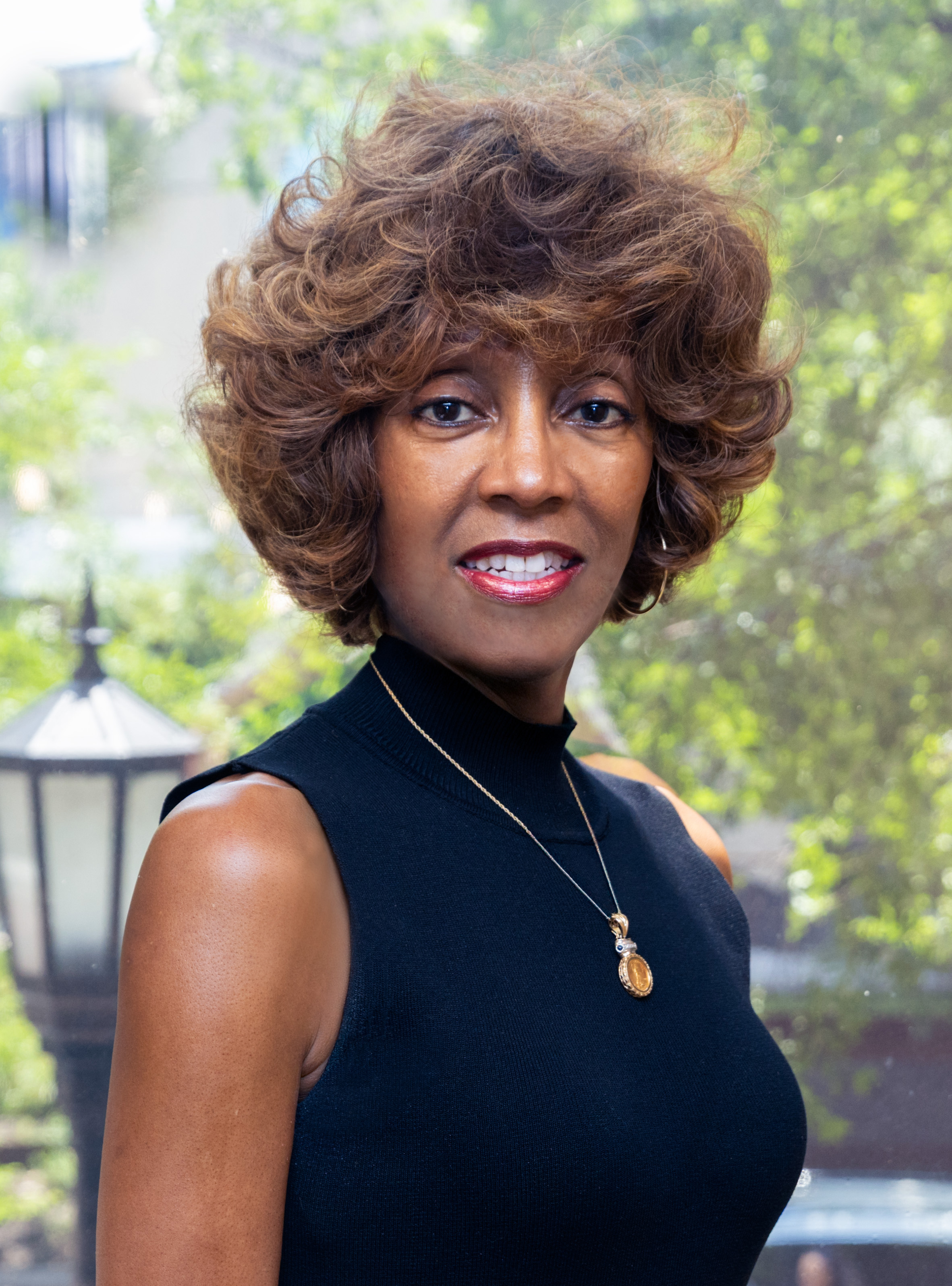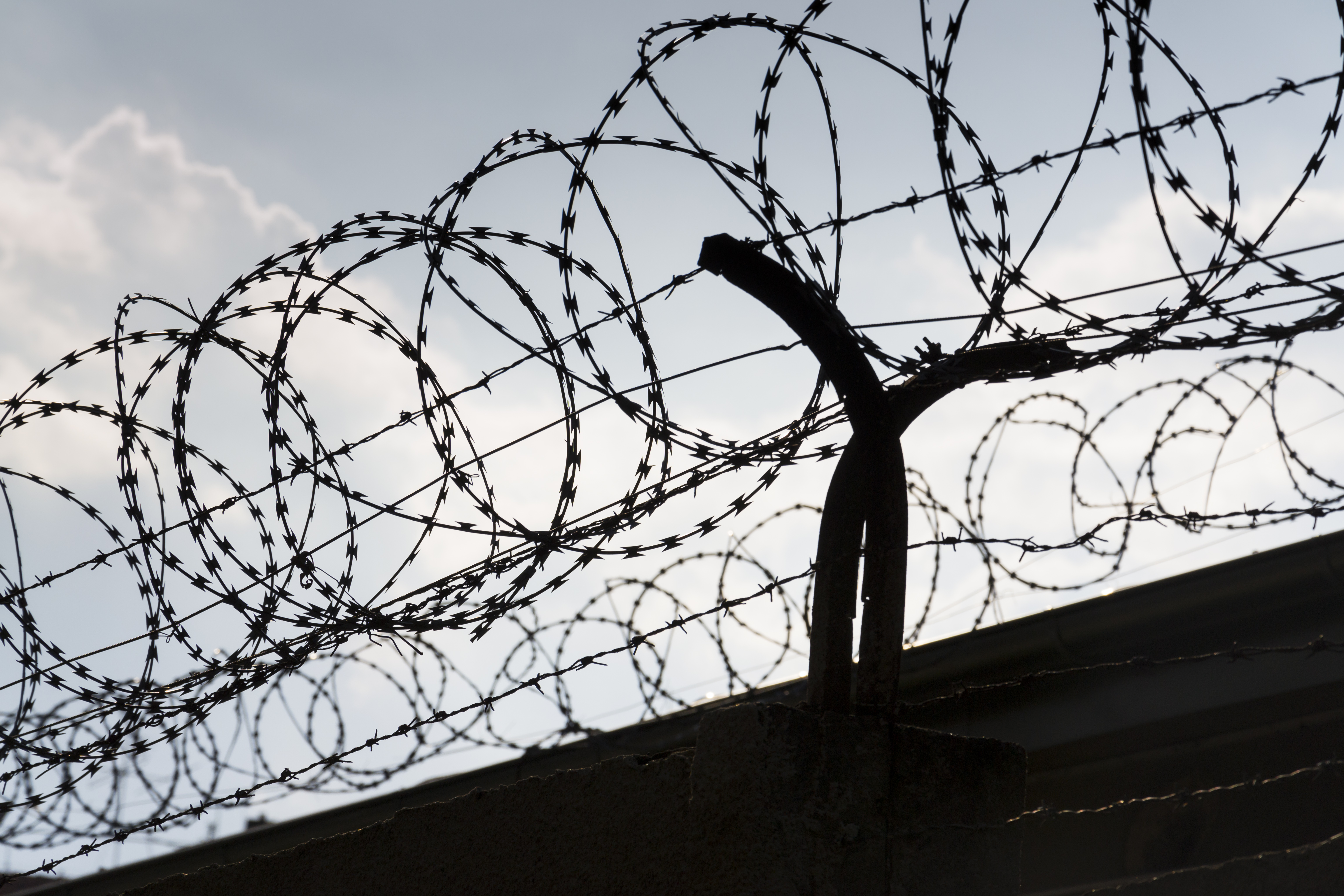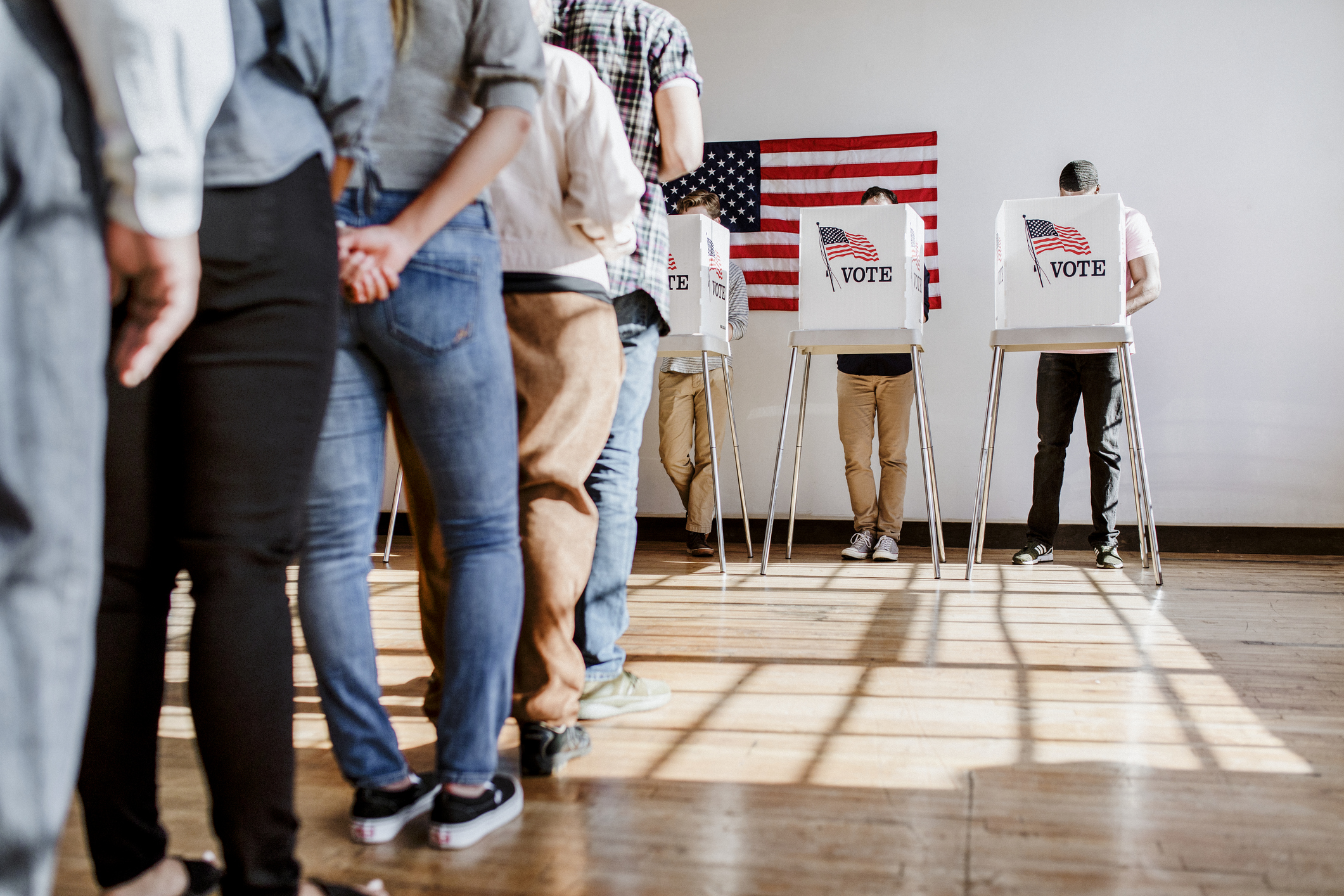The tragic in-custody death of her son, Stanley Wilson Jr., catalyzed Lucas to create Uncounted: the first national civilian-led database for reporting in-custody deaths.
“How do we study those who are uncounted? Those who are not included in the databases that we have access to?” asked D. Pulane Lucas, (Ph.D. '13, Cert. '18 GIS)., a Wilder School alumna, adjunct faculty member and public policy scholar. “My son, Stanley Wilson, Jr. is uncounted.”
Lucas, founding president and CEO of the non-profit Policy Pathways, turns injustice and tragedy into action with her civilian-led approach to in-custody death transparency. During a recent Lunch and Learn presentation, she shared the heart-wrenching story of her son’s death and her initiative with Uncounted.
Watch the complete video on the Wilder School Youtube channel
In November 2022, a judge ruled her son, Stanley Wilson, a Stanford University graduate and former NFL player, incompetent to stand trial and ordered that he receive mental health treatment. Wilson died on February 1, 2023, while allegedly being transferred from the Los Angeles County Sheriff's Department Twin Towers Correctional Facility to Metropolitan State Mental Health Hospital in Norwalk, Calif. Neither the sheriff’s department nor the hospital claimed custodial responsibility for Wilson’s body at the time of his death.
After Wilson's death, Lucas donated his brain to the NFL CTE Brain Bank at Boston University. He was diagnosed with CTE (chronic traumatic encephalopathy), a degenerative brain disease found in athletes caused by repeated hits to the head.
Because both the sheriff’s department and the hospital abdicated custodial responsibility, Wilson became one among thousands of ‘uncounted’ individuals not officially reported as an in-custody civilian death.
“No one uploaded Stanley’s information onto the appropriate online in-custody-death databases,” Lucas said. “There was no internal affairs investigation. No one immediately pulled the video cameras, interviewed those who were there at the time of his passing, or investigated the scene around his death. That did not happen.”
“Stanley’s case is unique because he is uncounted, but we know he’s uncounted,” Lucas said. “The question is ‘how many more are uncounted that we don’t know about?’”
Outraged that her son’s death was being erased, she created Uncounted to give civilians the power to report deaths in custody and the power of documentation and transparency.
“Our goal is to have citizens learn more about deaths in custody and understand that reporting becomes a civic responsibility,” Lucas said. Too many in-custody deaths are going uncounted.”
In 2021, nearly 1,000 in-custody deaths went unreported, according to the U.S. Government Accountability Office. For Lucas, reforming the criminal justice system is vital as incarceration for too many has become the equivalent of a death sentence. Lucas shared that according to research conducted at Loyola University, less than one percent of the individuals who died in-custody were sentenced to death by a court for their crimes.
“Uncounted responds directly to the failures of the federal Death in Custody Reporting Act (DCRA) and state-level in-custody death reporting legislation, which, despite their mandates, lack standardization and remain poorly enforced,” Lucas said. “Documenting and accounting every death that occurs in custody is essential to identifying custodial death trends, collecting information about the size, scope and causes of this problem, and instituting corrective actions to improve medical and mental health care to reduce preventable deaths.”
“These failures in reporting deprive Congress, policymakers and the public of essential data,” Lucas said. “We cannot identify patterns; we cannot prevent future deaths.”
The known patterns are striking. Lucas shared that Black adults are imprisoned at five times the rate of white adults. The majority of those who die in custody are Black and Latino men, aged 18-40. Many are awaiting trial. Some die within 48 hours of being incarcerated.
Lucas called her son a “beacon of light” who is shining down upon a bureaucratic mechanism that is systematically concealing the deaths of those who were incarcerated.

“This system, essentially, is erasing individuals from databases and making them disappear. Everyone in custody deserves to be protected in life and counted in death.”
– D. Pulane Lucas
About Uncounted
Uncounted strives to collect critical information from civilians and other responsible citizens who are committed to attaining more accurate data on individuals who die in-custody in the United States. Uncounted’s civilian-driven digital platform allows anyone—family members, medical personnel, correctional staff, EMS professionals, those who are incarcerated or work in the coroner’s office, concerned citizens, and others—to report in-custody deaths anonymously or with contact information at any time and from anywhere.



.jpg)